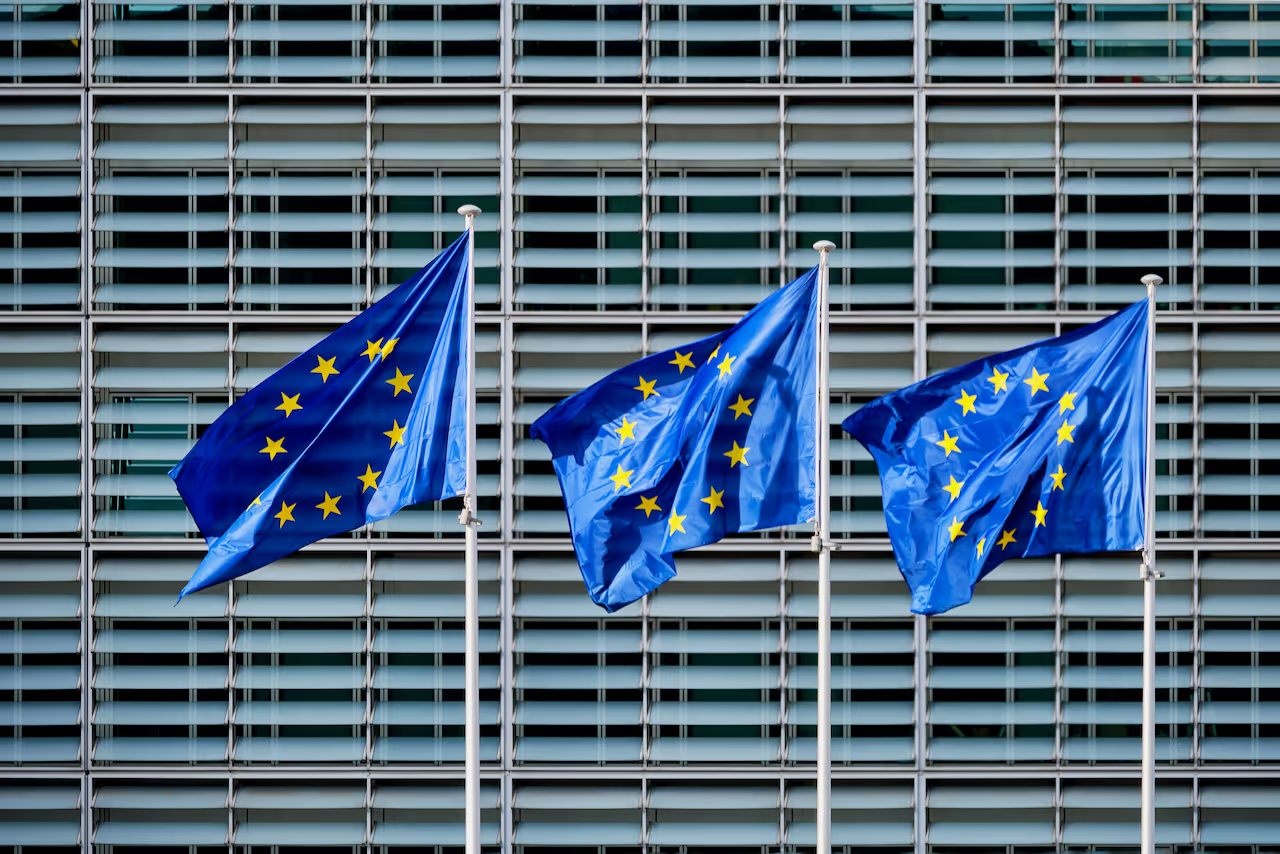EU asset register: the end of privacy or the beginning of combating money laundering?

For governments or tax authorities, there would probably be nothing better than a transparent insight into citizens' ownership. Because in this way, offenses such as tax evasion, money laundering or black money could almost be eradicated. That is why Brussels has been debating an EU asset register since 2021. But is there really such a regulation? And what advantages or disadvantages would this have for citizens?
Why is the EU working on an asset register?
The trigger for the EU-wide debate on an asset register in 2021 was the problems of finding and freezing the property of sanctioned Russian oligarchs in the EU. As a result, the EU Commission commissioned a study, which is intended to examine whether and how it would be possible to introduce an asset register in the EU. It's central in the feasibility study about how member states are already recording the financial circumstances of their citizens and how this data could be collected and linked together centrally. The results of the study are to be published “soon.” On the basis of this, the EU Commission must then decide whether and how it wants to establish a register.
But what purpose does such a directory actually serve? According to advocates, there are several reasons. For example, the European Union is calling for the introduction of an asset registerto effectively combat financial crimes, tax evasion and corruption. A registry would make it possible to better track the origin of assets and thus combat money laundering and the financing of terrorism. At the same time, it would increase transparency and ensure that assets are taxed correctly, making tax evasion more difficult. In addition, an asset register could help uncover unlawfully acquired assets and make the true owners of assets visible, which is important for fighting corruption. Uniform standards and procedures would also strengthen cooperation between EU Member States, which would, for example, facilitate cross-border investigations.
Despite these benefits, the project is controversial as there are concerns about data protection and privacy of citizens. It is considered particularly critical that the EU asset register should be linked to monitoring and sanction measures that could go far beyond the area of money laundering and terrorist financing.
However, there is now agreement in the EU committees to set up a central EU asset register, and external service providers are already working on the legal and logistical implementation. According to a spokesperson for the EU Commission, the register could be introduced soon - but that is not yet a foregone conclusion.
What does the planned EU asset register include?
However, the counterargument that every citizen would automatically be affected by the asset register is incorrect, as only assets with a value of more than 200,000 euros should be recorded centrally at EU level. The focus is on data from land registers and company registers, but cryptocurrencies, works of art or gold are also likely to be recorded. According to the EU Commission when calling for the feasibility study, the option of also including tangible assets or alternative assets in the register is being considered. Information about this could also be exchanged quickly and across borders between authorities.
In detail, the EU asset register should The following key points include:
- Extensive ban on cash transactions over 10,000 euros from 2027
- Introduction of an asset register for values above 200,000 euros
- Linking data from registers on beneficial owners, account registers and real estate registers as well as asset registers to an EU asset register
- Establishment of a new EU authority (AMLA, Anti-Money Laundering Authority) in Frankfurt from 2025
- Regulating crypto transactions
- Creating an electronic euro (Central Bank Digital Currency — CBDC)
- Furthermore: Linking the identity with bank account of transfer recipients on a worldwide basis due to new projects by UN (Global Digital Compact)
What are the advantages and disadvantages of the control instrument?
As mentioned above, an EU asset register could be helpful to increase the transparency of financial transactions and property and to better combat money laundering and terrorist financing. Critics of an EU-wide asset register, however, fear even more comprehensive state control. They also speculate that such a register could form the basis for a new burden-sharing law or an asset tax to fill the holes in the state coffers.
In any case, the EU's anti-money laundering rules are already very strict today, as are the laws in many member states. For example, due to the EU cash limit of 10,000 euros and other regulations that already apply. instance crypto trading: With the EU's sixth anti-money laundering directive adopted in spring, administrators of crypto assets such as banks and asset managers stricter due diligence and reporting requirements subjugated. They may no longer offer crypto accounts to anonymous users and must report suspicious activity. The new legislative package also includes stricter monitoring requirements for people with assets of more than 50 million euros and an EU-wide ceiling of 10,000 euros for cash payments in a business context.



